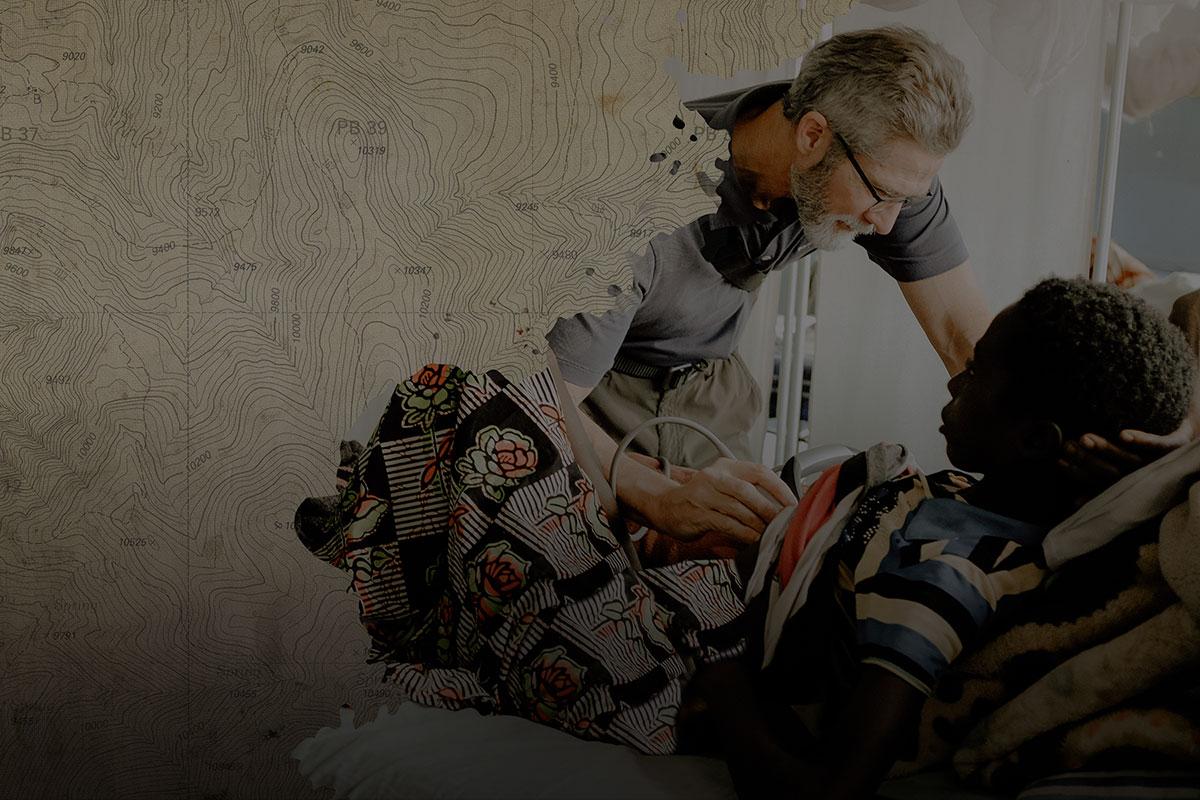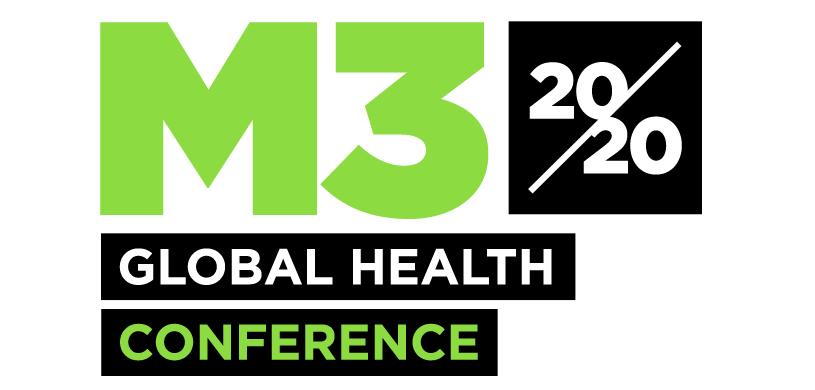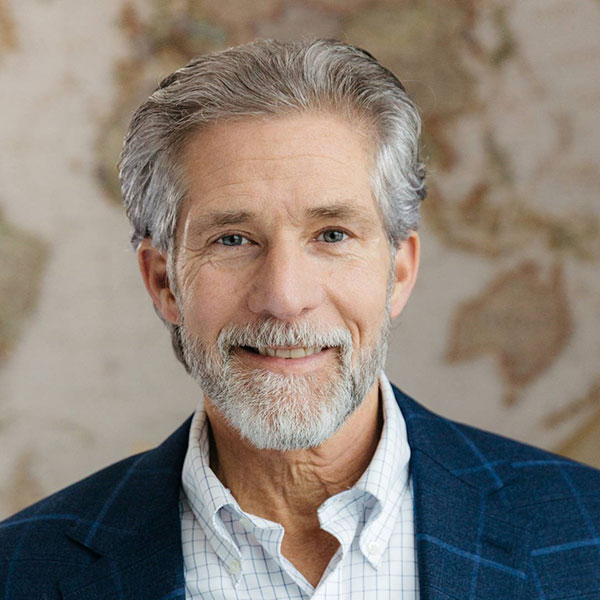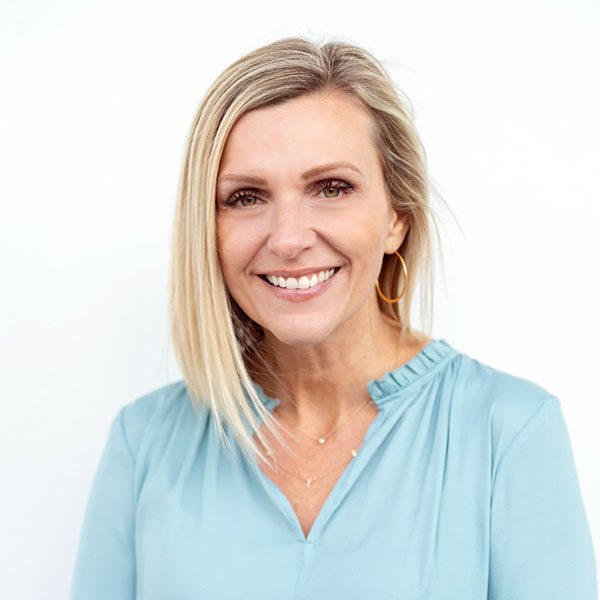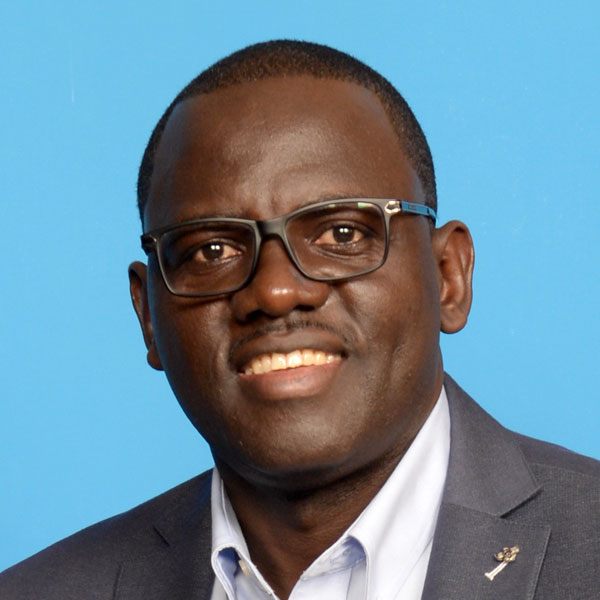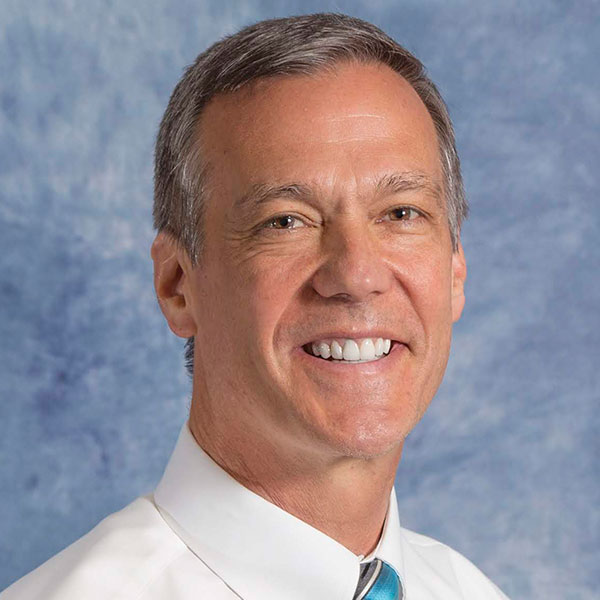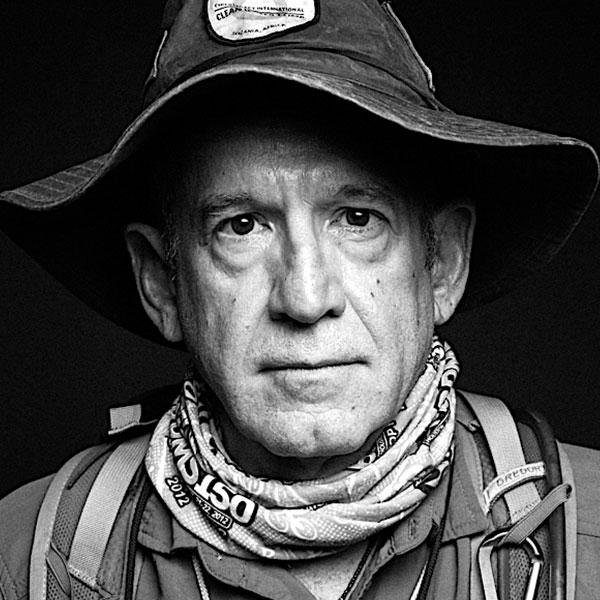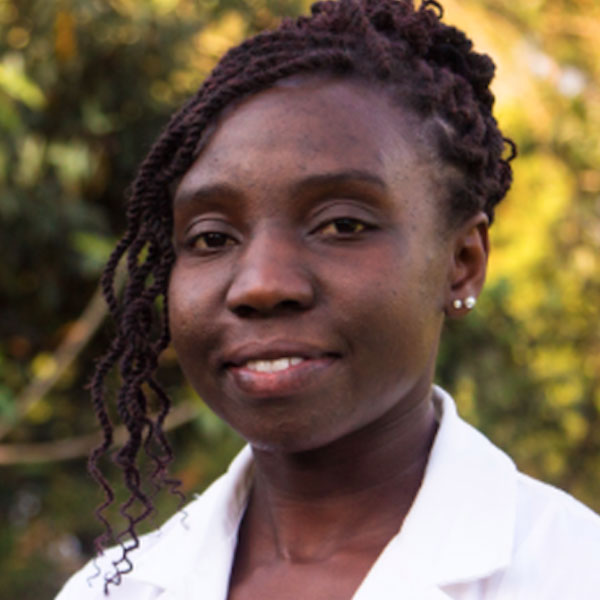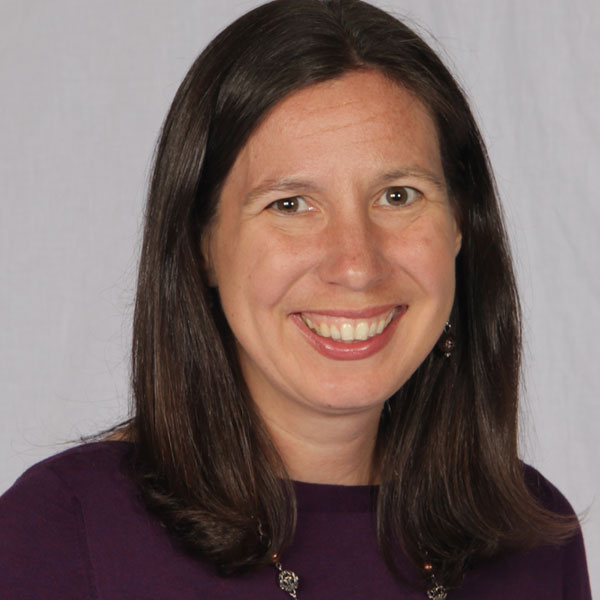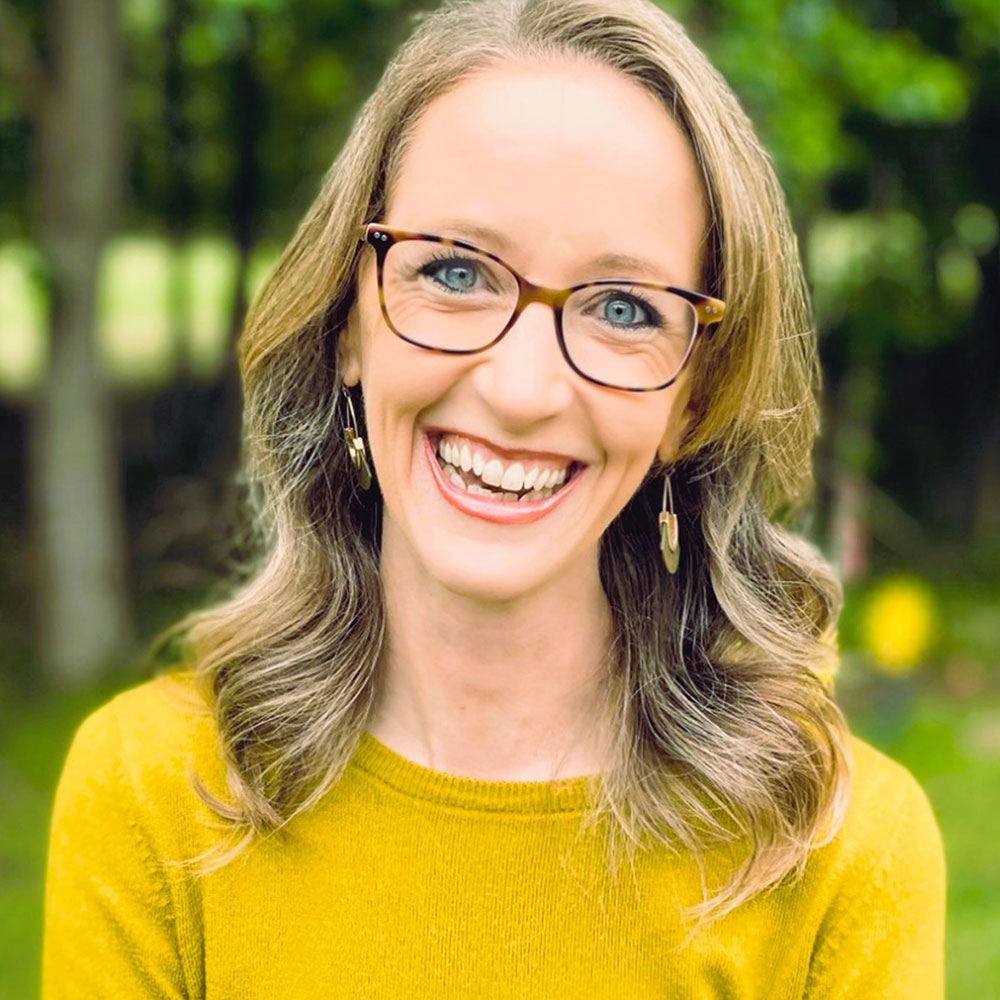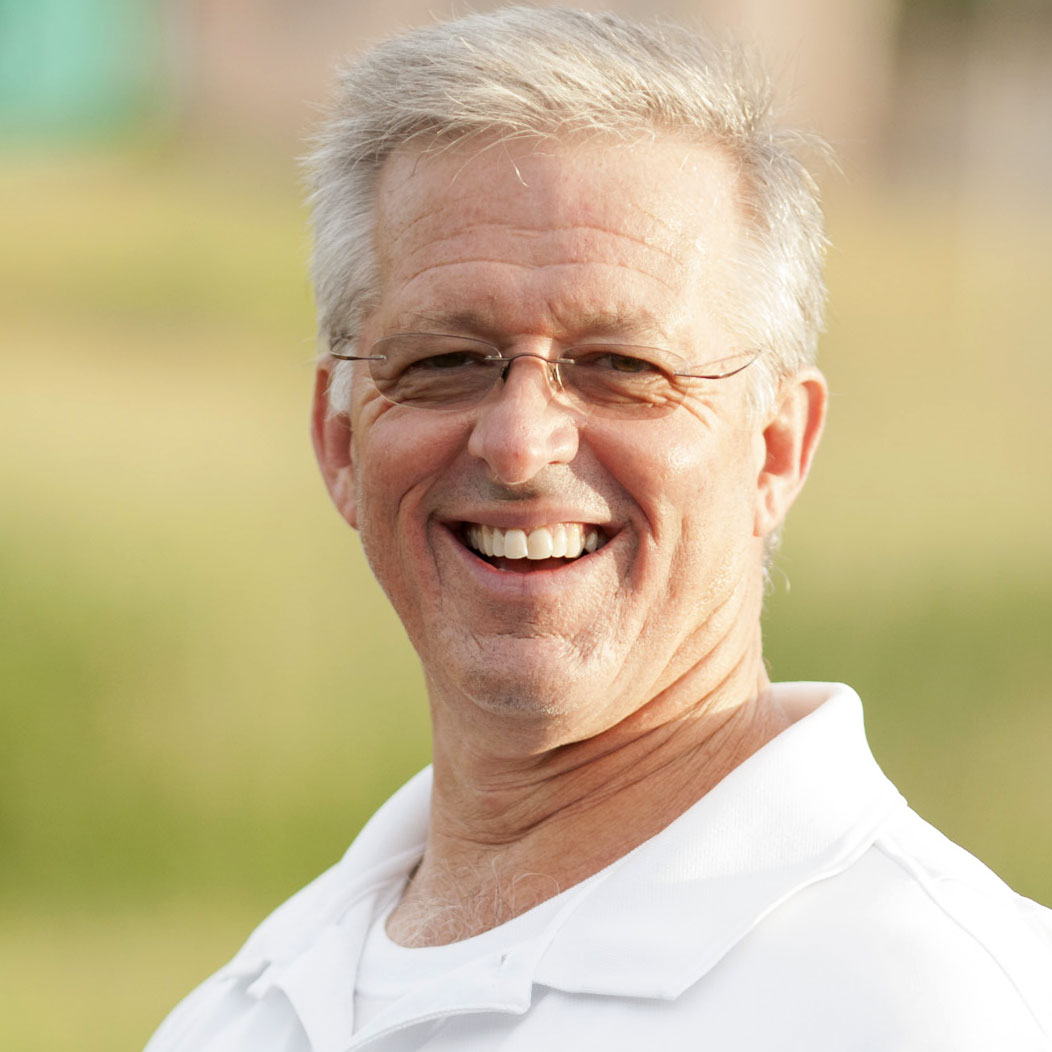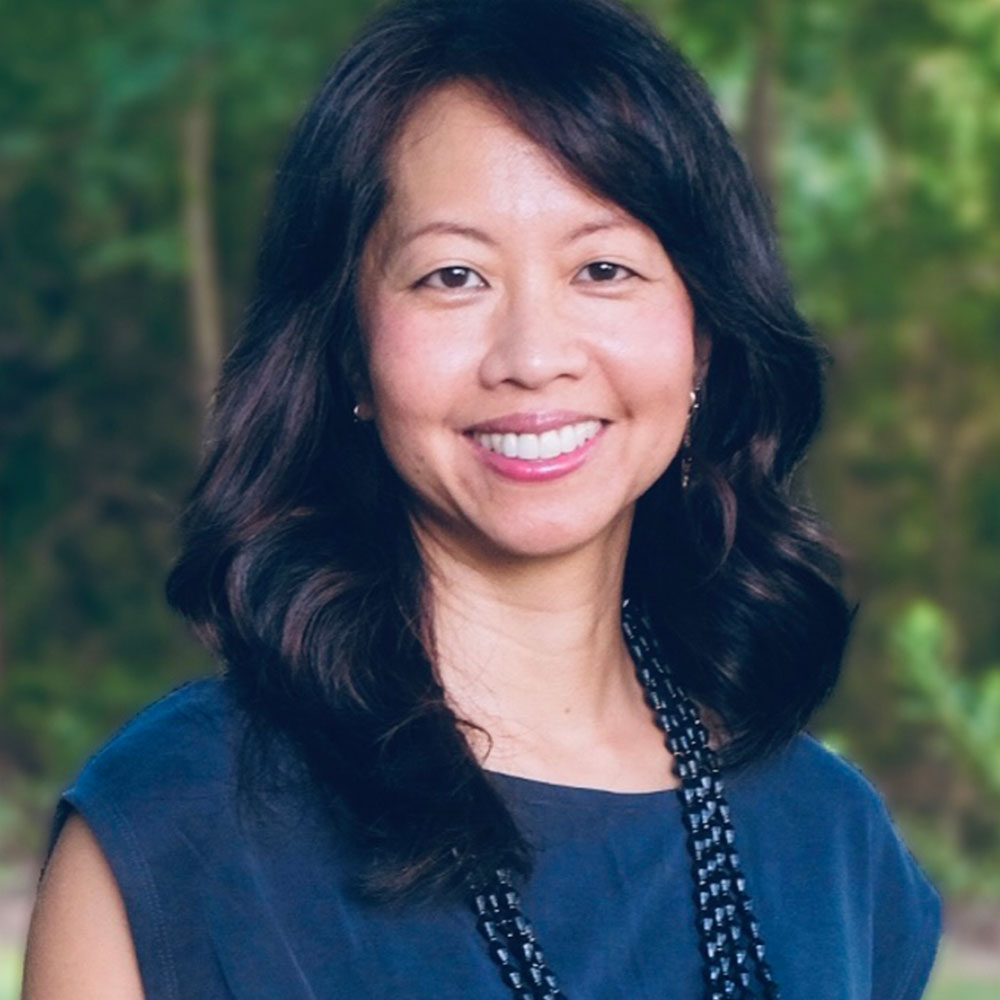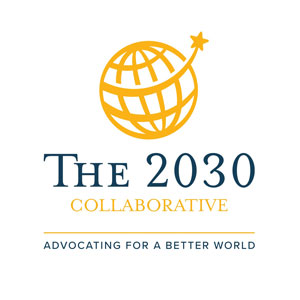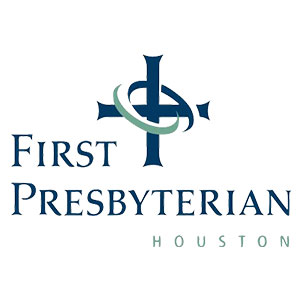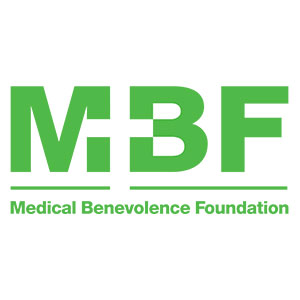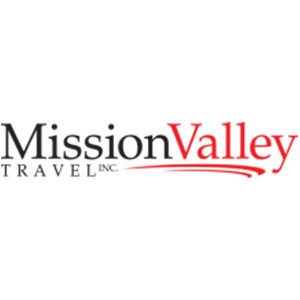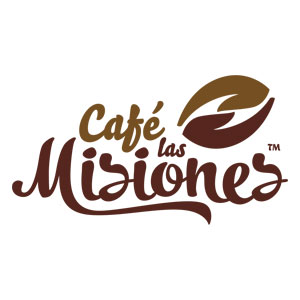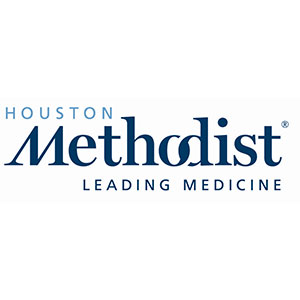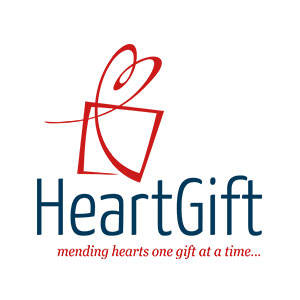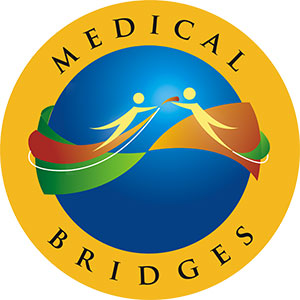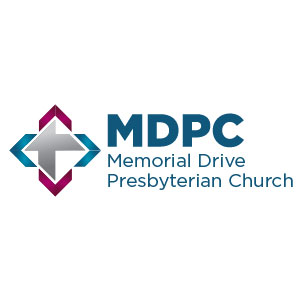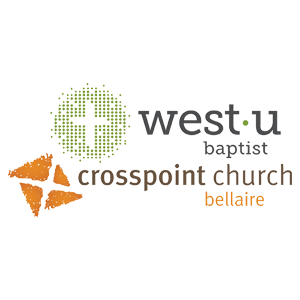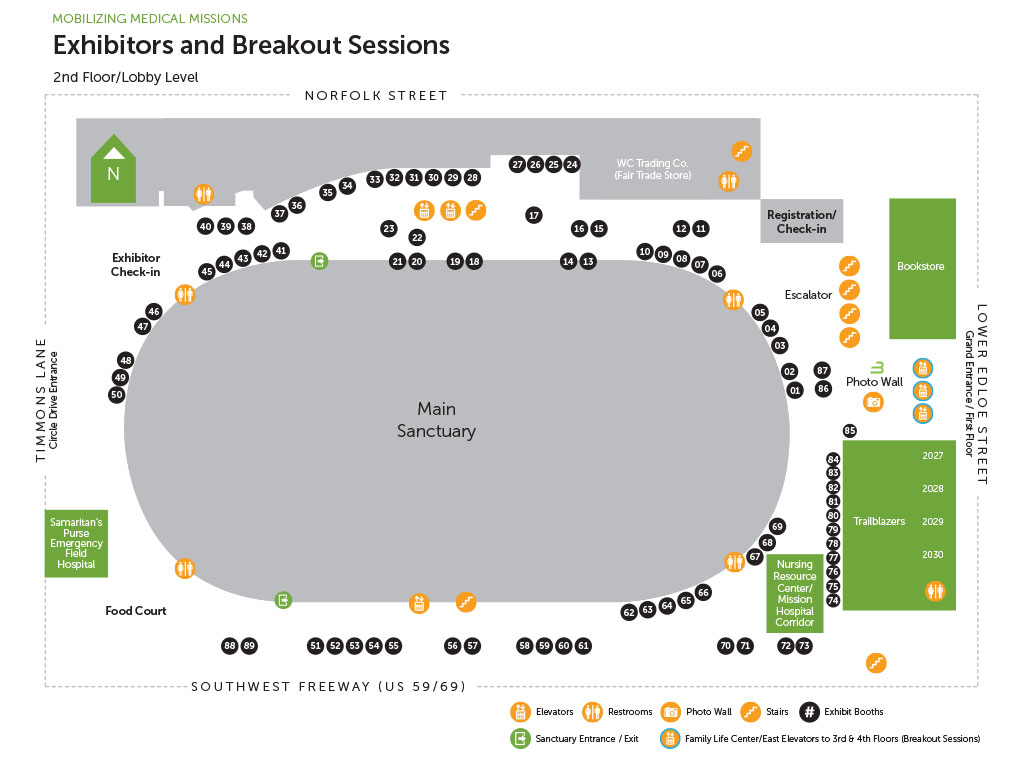Conference Resources
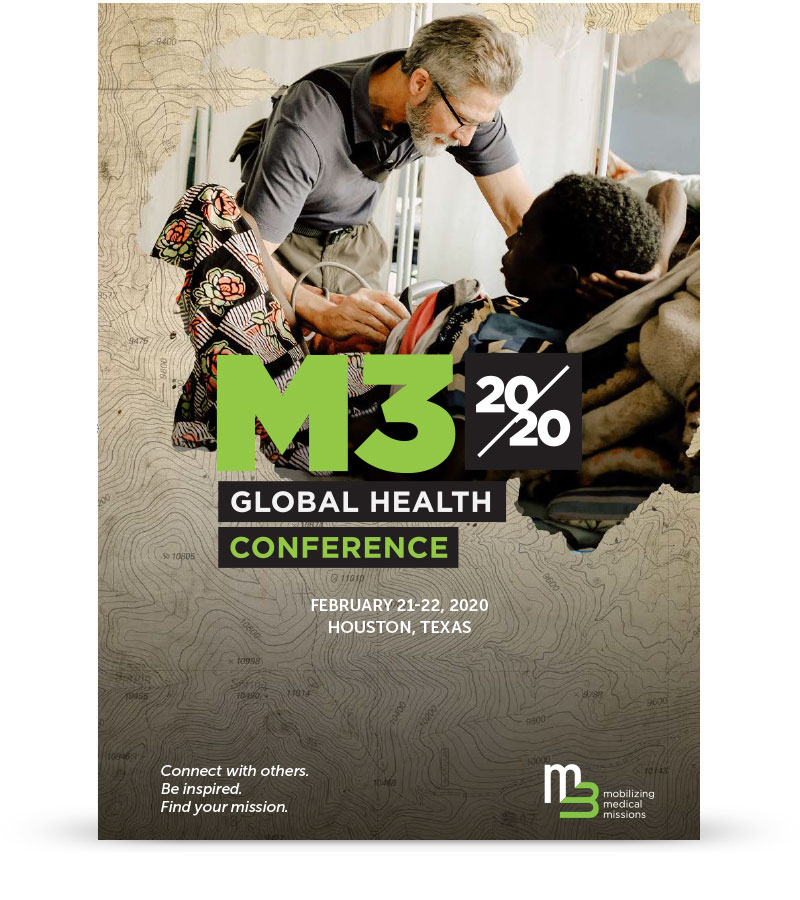
2020 Mobilizing Medical Missions Conference Program
Download the PDF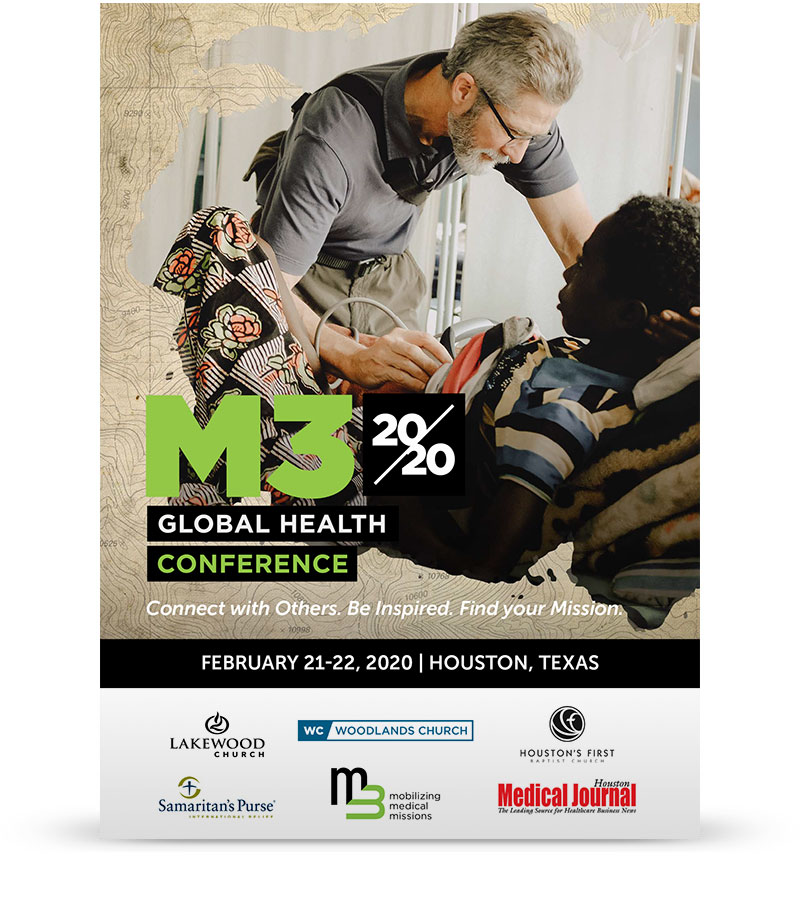
2020 Mobilizing Medical Missions Conference Mailer
This PDF was created as a mailer to provide detailed information about the M3 Conference. It includes a statement of our purpose, conference highlights, a list of speakers, and pre-conference and main conference session information.
This is a tremendous and concise resource to download and share with someone who may be interested in learning more about what we do, why we do it and how to get involved.
Download the PDF2020 M3 Conference Schedule
February 21-22, 2020
Lakewood Church | Houston, TX
Friday, February 21, 2020
Pre-Conference Workshops
(only Workshop #5 starts at 8 a.m.; the rest at 9 a.m.)
Pre-Conference Workshops
Rural Medical Education in LICs as a Solution for Migration of Health Care Workers
Speaker(s):
Alyssa Pfister, MD
Room:
Main Sanctuary
Description:
Brain drain of healthcare workers is a huge challenge to low-income countries, particularly in rural areas, and yet these locations represent arguably the greatest healthcare needs in the world. This session will discuss rural medical education as a potential solution to brain drain by raising up compassionate competent healthcare workers in the local setting.
Moved by Compassion for the Sake of Others
Speaker(s):
Jacques Ebhele, MD, FCS (ECSA)
Room:
Main Sanctuary
Description:
At the beginning of my career as a general practitioner, I was powerlessly observing, due to my lack of expertise, my own people suffering and dying from surgically curable diseases. It became painfully apparent that in order to take care of needy people in Africa, in particular in the DR Congo, I would need to gain more knowledge and surgical skills. So, I decided to surrender my job as a general practitioner and pursue a specialization in surgery. I was moved by compassion for the suffering of others. Similarly, the centurion’s example in the Bible (Matthew 8:5-13) who went to see Jesus for the sake of his sick servant will be emphasized.
The End of Hunger: Achieving Sustainable Development Goals Together by 2030
Speaker(s):
Jenny Eaton Dyer, PhD
Jeremy Everett
Room:
Main Sanctuary
Description:
Twenty-five years ago, 23.3 percent of the world’s population lived in hunger. Today, that number has dropped to 12.9 percent giving rise to the renewed hope that what once seemed unthinkable, is now within reach. The challenges are great, but the fight to eliminate malnutrition and hunger in the U.S. and around the world is one we can win. This session will discuss how attendees can get involved in the work of eradicating global malnutrition and feeding the hungry.
Go Ahead and Make Those Plans, but the Lord…
Speaker(s):
Michael Chupp, MD, FACS, FCS (ECSA)
Room:
Main Sanctuary
Description:
Solomon reminds us that we “can make many plans, but the Lord’s purpose will prevail.” (Proverbs 19:21) Those seeking to follow God’s call and daily die to self will discover that God’s plans for our lives are good and satisfying, beyond anything we could ask or imagine.
Saturday, February 22, 2020
Dental Mission Trips: Blessings in Disguise
Speaker(s):
William Griffin, DDS
Room:
3024, 3rd Floor
Description:
Why do dental professionals give away their time and skills, traveling long distances to foreign cultures at their own expense, to help treat the needy? This session will consider some of the more and less obvious benefits of short-term dental mission trips, including their potential effect on private practice back home. Various types of dental mission trips will be considered – medical/dental treatment trips, remote third world training trips, and trips involving dental students.
The Role of Academics in Missions
Speaker(s):
Philip Keiser, MD
Room:
Warehouse, 4th Floor
Description:
Academic Medicine and Faith Based Organizations (FBO) often have widely divergent views on missions. Academics are often suspicious that Faith Based Organizations place proselytization ahead of patient care while, FBO’s see Academics as interested only in research. However, there are successful collaborations between academic medical centers and faith based organizations that leverage the strengths of each. This session will highlight two successful collaborations in East Africa and will provide lessons learned from these endeavors.
Running on Empty: Wellness, Burnout, and Compassion Fatigue in Humanitarian Work
Speaker(s):
Kristin L. Long, MD, MPH, FACS
Room:
The Chapel, 3rd Floor
Description:
This session will address the critically important and timely concepts of burnout and compassion fatigue in medical providers. Humanitarian work can be extraordinary, fulfilling and purpose-driven; and in many cases may provide a cure for the emotional exhaustion many us feel at home. On the other hand, the stress and demands of providing care in low-resource settings can also cause these exact same problems. We will examine how medical mission work could be the cause OR the cure for burnout and how to prevent compassion fatigue.
A New 21st Century Medical Missions Model: Integrated Countrywide Clinical Networks
Speaker(s):
Andrew Mayo
Room:
3022, 3rd Floor
Description:
Medical missions for the 21st Century is moving from a broad dependency model to one which creates a long term, financially sustainable platform for the indigenous church to share the Gospel. In virtually every country in Sub-Saharan Africa, local churches have established primary care clinics to serve their local community. Unfortunately those clinics are almost universally plagued with substandard medical care and financial loses. In Malawi, a new model is being created which integrates a standardized clinical and financial model with a nationwide network of mission hospitals. Initial outcomes have been substantial.
When Dreams Catch Fire
Speaker(s):
Agneta Odera, MD, FCS-ECSA Gen-Surg, FCS-ECSA Peds-Surg
Room:
Mission Control, 3rd Floor
Description:
We all have within us an innate desire to achieve the purpose for which we were created. Often one finds themselves burdened with a dream that seems impossible or unattainable. But that is when God steps in, because He uses what seems foolish and weak to prove Himself strong and draw people to Himself. If we present ourselves just as we are. If we allow ourselves to dream big and be ignited by God’s great passion for salvation, healing and restoration, we will be left in awe and with an overwhelming sense of privilege of what God is doing in and around us for His glory.
Redefining Success
Speaker(s):
Emily Smith, PhD, MSPH
Room:
The Loft, 4th Floor
Description:
What does “having it all” really mean? It is easy to think we succeed if our global health programs work correctly, if we treat enough patients in our rural settings around the world, if we land a scientific publication with our name on it, or if we raise perfect children. If we’re not careful, this can become confidence to us and a faulty definition of success. In this session, we will explore real success as defined in Philippians 3 through the lens of Jesus. “But this one thing I do…” – Philippians 3:13
International Disaster Response: 5 Keys to Successful Deployment
Speaker(s):
Kelly Sites, RN
Room:
Trailblazers, 2nd Floor
Description:
Disasters happen with little notice. You get a call to leave within hours and travel across the world into countries ravaged by earthquakes, hurricanes, disease outbreaks and war. Learn about the Disaster Assistance Response Team and how to prepare for a successful deployment before you go.
Critical Role of Mission Hospitals in the Developing World
Speaker(s):
Keir Thelander, MD, FACS, FWACS, FCS (ECSA)
Room:
3021, 3rd Floor
Description:
During this session, we will look at the current role of mission hospitals in the developing world from multiple perspectives. We will look at their role in the over provision of health care in a country, as well as their potential for influence on health systems of countries. Finally, we will look at how the criticality of this role provides openings for greater Gospel impact both with patients and with other health care workers in the country.
Serving the Forgotten
Speaker(s):
Nicholas Comninellis, MD, MPH, DIMPH
Room:
3021, 3rd Floor
Description:
Leaders in government, ethics, and healthcare agree on the imperative of health for all people. But while enormous gains have been made towards this end, today there exist multitudes of forgotten people who suffer preventable diseases and receive no healthcare. These forgotten people often include immigrants, refugees, minorities, elderly, disabled, non-English speakers, urban and rural poor, and victims of disaster and war. In their defense, health leaders must become effective advocates – rallying resources on their behalf. Health leaders must also prioritize prevention and treatment of forgotten disease like measles, leprosy, vitamin A deficiency, polio and tetanus.
HIV and AIDS: The Road to Controlling the Epidemic by 2030
Speaker(s):
Jenny Eaton Dyer, PhD
Room:
Trailblazers, 2nd Floor
Description:
As we stand at the precipice of halving the number of people dying of HIV and AIDS over the past 15 years, we face a future of potential decreased funding, youth bulge in Africa, and complacency which could allow for a resurgence of the disease worldwide. How will the church respond today? What will you do to ensure the U.S. and the global faith community lead in controlling the epidemic by 2030?
Finding God’s Calling
Speaker(s):
Michael E. Navolio
Room:
3024, 3rd Floor
Description:
At the age of 56, a pleasure African safari trip turned into a life-changing experience that resulted in God calling Mike to start Child Legacy’s Annual Mt. Kilimanjaro Clean Water Climb. Mike will provide insight on his journey of how God has ordered his steps to reveal the answer to the elusive question, how do you find your calling?
Survival Skills for Long Term Medical Missions
Speaker(s):
Alyssa Pfister, MD
Room:
The Chapel, 3rd Floor
Description:
Paradox. Sabbath. Theology of Suffering. Global Humility. Lament. Rhythms of Work and Rest. Community. Grace at the Fray. This session will highlight lessons learned and unlearned over the speaker’s first 10 years in medical missions.
Go Therefore and Take Your Job with You
Speaker(s):
Andrew Scott
Room:
The Loft, 4th Floor
Description:
The opportunities have never been greater for medical professionals to take salaried jobs in parts of the world where Jesus is less known. In Operation Mobilization (OM), we see this becoming a major pathway for Americans to be part of the global mission effort as authentic followers of Jesus on mission with Him. If God made you to be an Oncologist, Pediatrician, Radiologist, Accountant, Mechanic, Lawyer, etc., come learn how you can be part of this new missions movement.
Global and Local Medical Missions Experiences: Unique Learning and Teaching Opportunities for Healthcare Professionals and Students
Speaker(s):
Stephen J. Spann, MD, MBA
Room:
Warehouse, 4th Floor
Description:
Medical mission experiences, both global and local provide unique learning and teaching opportunities for healthcare professionals and students. A broad number of areas including social determinants of health, epidemiology of disease, primary and secondary disease prevention, clinical problem-solving, and chronic disease and acute infectious disease management are different in the medical mission context with constrained diagnostic and therapeutic resources. Caring for patients in this setting allows us to learn, and teach knowledge, skills and attitudes that enhance our care of patients in all settings. The speaker will draw from his own 40 years of experience learning and teaching in the global and local medical mission context, and engage the audience in sharing their own experience in this setting.
Human Trafficking: Raising Awareness to Identify Victims in the Clinical Setting
Speaker(s):
Kerri Taylor, MS, CCC-SLP
Room:
Mission Control, 3rd Floor
Description:
Human trafficking doesn’t happen here…does it? Come learn what every citizen needs to know in order to keep their families safe and how medical professionals can identify potential victims in their practices and spheres of influence. Recognizing the victim in front of you takes knowledge and insight. This presentation is designed to equip you with the tools you need to prevent victimization in that critical window of opportunity just before it begins. This session offers CNE credit for nurses, but is appropriate for all medical professionals with application to medical missions. CNE credits can only be awarded to those attending the entire hour of the presentation. Make plans to be in attendance when the session begins.
Faith in Action: Surgery in the Mission Field
Speaker(s):
Scott J. Temple, BSN, RN, CNOR
Room:
3022, 3rd Floor
Track:
Veteran Missionary
Description:
Faith in Action: Surgery in the Mission Field provides an inside look at serving as an operating room nurse in West Africa. As a surgical team member in the mission field you are provided many opportunities to practice holistic patient care. Come discover how anyone willing to serve those in need can have the opportunity to be the hands and feet of Jesus through your journey of Faith in Action.
Balance: Juggling Your Family and Serving High Acuity Patients Who Seem to Need You More
Speaker(s):
Anne Alaniz, DO
Room:
The Chapel, 3rd Floor
Description:
It is often difficult for mothers to leave their children and work outside of the home. This is even more difficult for medical mission moms who are working in settings where their children are feeling displaced without their friends, family and living out of their comfort zone. On the other hand, there are critically ill patients who are facing life and death situations with minimal resources and options that naturally seem to need your attention more than your children. Finding balance, contentment and joy in serving both family and high acuity patients can easily turn into an impossible mission. Can we have it all? This session will review those challenges, discuss what the bible says about service/work, and practical ways to find balance between work and family even in these challenging settings.
Surgery in Rural Africa: Challenges and Opportunities
Speaker(s):
Jacques Ebhele, MD, FCS (ECSA)
Room:
3021, 3rd Floor
Description:
In this session, I will explain the challenges that I face on a daily basis as the only surgeon in a hospital. Low-resource settings present a great opportunity for short or long-term missionaries to increase the capacity of the local staff through the sharing of their knowledge and skill.
Excellence in Nursing: Spiritual Care
Speaker(s):
Mary E. Hermiz, RN, MSN, EdD
Room:
3022, 3rd Floor
Description:
Nursing is a profession that is focused on meeting the needs of patients: physical, emotional and spiritual. We will discuss using the nursing process as a guide to assess the spiritual needs of patients. Through exploring case examples from Kenya, participants will learn how the nursing process is utilized in providing spiritual and holistic benefits to patients.
Collaboration for Surgical Education, Training and Research in Africa
Speaker(s):
Agneta Odera, MD, FCS-ECSA Gen-Surg, FCS-ECSA Peds-Surg
Room:
The Loft, 4th Floor
Description:
Safe and affordable surgical care has been recognized as an important component of global health. One of the challenges in providing safe and affordable surgical care is the shortage of trained surgical workforce. Surgical education in Africa may be limited in general, but particularly for the postgraduates due to lack of financial resources, teaching faculty, or clinical training opportunities. Research in Africa for the benefit of Africa equally remains untapped resource. As interest in global health skyrockets, students, trainees, and doctors in high-income countries (HICs) have expressed keen interest in working in resource limited settings. How then, can we develop a mutually beneficial collaborative framework that shapes the African healthcare foundation for a stable and brighter future?
Building Global Research: The Intersection of Epidemiology, Economics & Policy
Speaker(s):
Emily Smith, PhD, MSPH
Room:
Warehouse, 4th Floor
Description:
Global health research is often viewed through siloed lenses of disparate disciplines. However, real-life global health issues are often interdisciplinary in nature and encompass many aspects of a person’s life, including personal experiences, social networks, and the larger community/policy/economic aspects a person lives within. This session will explore these intersections and provide real-world application examples in the field.
Defying the Odds in Attempt to Remain Organizationally Sustainable
Speaker(s):
Elizabeth Studley, CRNA, MS
Room:
Trailblazers, 2nd Floor
Description:
KenyaRelief.org is a faith-based non-governmental organization in Migori, Kenya with a school, orphanage, and medical clinic that has been in existence since 2002. Throughout countless challenges and constant prayer, Kenya Relief continues to grow despite being in a world where way more businesses fail than succeed. There are some critical factors that will be shared and must be considered in attempt to remain a sustainable organization.
Best Practices Models in Short Term Missions from the Perspective of a Long Term Missionary
Speaker(s):
David Vanderpool, MD
Room:
Mission Control, 3rd Floor
Track:
Local Ministries
Description:
Dr. David Vanderpool has lead Short Term Missions for 10 years and for 6 of those years, he has been a full-time missionary. Dr. Vanderpool has seen first-hand the damage that well-meaning short term missionaries can cause to long term Kingdom work. He is sharing his vast knowledge of tips, insight, and mistakes made so that you can lead successful Kingdom enhancing mission trips.
Broken. Healed. And Carrying Out God’s Calling on My Life.
Speaker:
Elizabeth Studley, CRNA, MS
Room:
Main Sanctuary
Description:
Medical missions experiences have a major impact on the formation, as well as the education, of health care professionals whatever their stage of development. The speaker will share insights from his lifelong experiences in medical missions as a clinical provider and teacher, addressing the value of role modeling and the unique learning opportunities in this setting.
To Whom Much has Been Given: The Role of Those Who Have Been Empowered in Lifting Marginalized Women in Societies Where Their Mistreatment is the Norm
Speaker:
Anne Alaniz, DO
Room:
Main Sanctuary
Description:
“My mother called me ‘loose’ when I told her what he tried to do to me and now I wish I never said anything “(anonymous age 14).
“My friends and family abandoned me and called me a traitor for calling the police to arrest my husband because he was beating me” (anonymous age 28).
These are statements from real women who have suffered real abuse and are paying the steep price for speaking up. Women on medical missions have a unique platform that allows them to connect more intimately with the female patients and open the door for victims of abuse to discuss their plight. How do women in medical missions use that platform to help other women and young girls deal with issues of violence/abuse against women in cultures where this is acceptable and considered the norm? How do empowered women from other cultures use their position to empower and encourage these women while respecting the culture? What is the biblical perspective on these issues?
The Mission: God’s Story…or Mine?
Speaker:
Agneta Odera, MD, FCS-ECSA Gen-Surg, FCS-ECSA Peds Surg
Room:
Main Sanctuary
Description:
In every human person there is a God shaped imprint and void that only He can fill, causing the things that grieve Him to naturally grieve us. The indwelling of God within us awakens our ears and eyes to the suffering and injustices around us, and yielding our lives to His purposes is the only meaningful response that honors God. Upon stepping into God’s calling, He gives us a peace beyond human understanding to handle what we feel called to do. This peace is so deep that those who experience it are willing to risk all… comfort, and sometimes even life itself. We however, are challenged to remember that He is already at work around us, and it is a privilege to be involved in the process of reconciling God’s creation back to Himself. And, He receives all of the glory. God constantly inspires us to dream big, to dare more boldly, to stop sailing close to the shore and to venture into rougher seas whereas Francis Drake puts it “the storms show us God’s mastery, where in losing the sight of land we shall find the stars”.
Scatter
Speaker:
Andrew Scott
Room:
Main Sanctuary
Description:
Our existing missions models have excluded many from participating or relegated them to part-time service through short-term trips, giving or prayer. Added to this, missions can have a very narrow interpretation of ‘calling’ and a low view of anything other than proclamation. But what if the Mission of God is for every follower of Jesus and for every part of life? What if God’s glory among the nations was on all of our job descriptions?
2019 M3 Conference Sponsors
Presenting Sponsors:
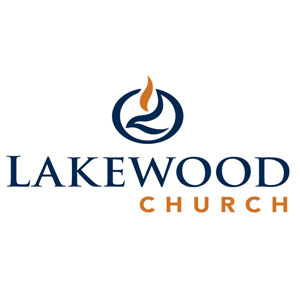
Platinum Sponsors:
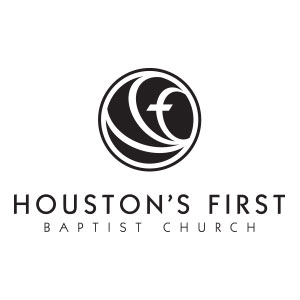

Gold Sponsors:
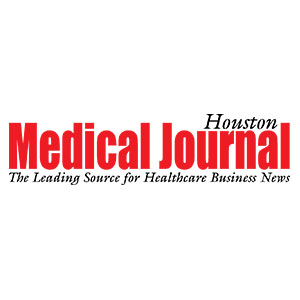
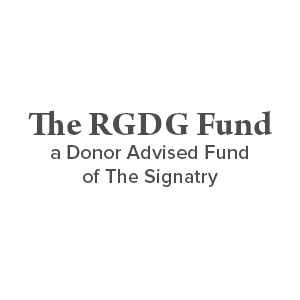
Silver Sponsors:
Bronze Sponsors:
2019 M3 Conference Exhibitors
- The 2030 Collaborative
- Adopt a Village International
- Africa Inland Mission
- Agape Unlimited
- Alaska Medical Missions
- Americares
- Bethany World Ministries, Inc.
- Binary Bridge / BackpackEMR
- Blessings International
- Bridging the Gap
- Butterfly Network
- Café Las Misiones
- Cahaba Medical Care Family Medicine Residency
- C.A.R.E. Africa, Inc
- Care for a Child's Heart
- Casa El Buen Samaritano
- Catholic Medical Mission Board (CMMB)
- Champions Club
- Changing Destiny
- Child Legacy International / Clean Water Climb
- Christian Health Service Corps
- Christian Medical & Dental Associations (CMDA)
- Community Initiatives Agenda
- Connecting Kids With Care
- Conviventia
- Coreluv International
- Diospi Suyana Hospital
- Egbe Hospital Revitalization Project
- Faith in Practice
- FAME
- Fellowship Travel International
- Fly For Good
- Friend Ships
- Frontier Alliance International (FAI)
- Fundacion Vista Para Todos
- Gallagher
- GFA World
- GFM Ministries
- Global CHE Network
- GMMA (Global Medical Missions Alliance)
- Harvesters Reaching the Nations
- Health Education Program For Developing Communities (HEPFDC)
- Health for India
- Health Outreach to the Middle East (H.O.M.E.)
- Houston Global Health Collaborative
- Houston Welcomes Refugees
- Humanitarian Disaster Institute/Wheaton College Graduate School
- In His Image Family Medicine Residency Program
- Institute for International Medicine (INMED)
- Interserve USA
- Joyce Meyer Ministries – Hand of Hope
- KenyaRelief.org
- LiveBeyond
- Living Water International
- Love Botswana
- M3 Conference Resources
- MAP International
- Medical Benevolence Foundation
- Medical Bridges
- MedSend
- Memorial Drive UMC
- Mercy Ships
- Mexico Medical Missions
- Mission Aviation Fellowship
- Mission Nation Travel
- Mission of Hope
- Oasis Medical Fellowship
- Operation Mobilization
- Pan-African Academy of Christian Surgeons (PAACS)
- Pothawira (Safe Haven) Christian Mission Organization
- Project C.U.R.E.
- Radiate Coalition
- Reach Beyond
- Rescue Hope
- Samaritan's Purse – Children's Heart Project
- Samaritan's Purse Disaster Assistance Response Team (DART)
- Samaritan's Purse Ebola Treatment Center
- Samaritan's Purse/World Medical Mission – Post-Residency Program
- Samaritan's Purse/World Medical Mission – Short-Term
- SIM
- Sodzo International
- Therapy Clinics International
- To Give A Smile
- Unbound Houston
- Vision Rescue
- World Gospel Mission
- World Missions Alliance
- World Vision
- YWAM Ships Kona
2020 M3 Pre-Conference Schedule
Morning Sessions
9am to 12pm
Workshop 01
Morning Session
Helping Babies Breathe
Time:
9am-12pm
Room:
Mission Control, 3rd Floor
Facilitator(s):
Nicholas Comninellis, MD, MPH, DIMPH
and Timothy Myrick, MD
Hosted By:
INMED – Institute for International Medicine
CME/CNE/CEU:
None
Description:
One million newborns die each year from respiratory distress. Helping Babies Breathe (HBB) is an evidence-based educational program that equips healthcare personnel with the skills and knowledge to teach basic neonatal resuscitation techniques to midwives and birth attendants in low-resource locations.
Session 1:
Burden of Preventable Mother and Newborn Deaths
Session 2:
Newborn Resuscitation Techniques Learned with Hands-on Experience
Session 3:
Teaching HBB to Others
Workshop 02
Morning Session
Refugees 101 + Mental Health
Time:
9am-12pm
Room:
Warehouse, 4th Floor
Facilitator(s):
Beverly Martin, MEd, LPC,
Molly Raney,
and Cindy Wu, MA
Hosted By:
Houston Welcomes Refugees
CME/CNE/CEU:
None
Description:
Mobilize your city to welcome refugees with compassion, hope, and honor as they resettle and start a new life in your city. Houston Welcomes Refugees exists to ease the resettlement process for new refugees arriving to Houston by mobilizing invested, caring volunteers, and fostering hope amidst crisis. This pre-conference session will introduce you to the global refugee crisis, discuss resettlement in Houston, and explore how mental health challenges impact refugees. Participants will leave with increased knowledge and tools to help expand the current services provided or to engage in care to refugees in their local areas.
Session 1:
Introduction to the Global Refugee Crisis
Session 2:
Refugee Integration and Mental Health Challenges
Session 3:
Resources for Hope and Healing for Refugees
Afternoon Workshops
1pm to 4pm
Workshop 03
Afternoon Session
Diseases of Poverty
Time:
1pm-4pm
Room:
Mission Control, 3rd Floor
Facilitator(s):
Nicholas Comninellis, MD, MPH, DIMPH
and Timothy Myrick, MD
Hosted By:
INMED – Institute for International Medicine
CME/CNE/CEU:
None
Description:
A number of diseases are particularly associated with poverty, predictably appearing in times of disaster, economic depression, or civil unrest. This workshop will equip and update clinicians to manage the most prevalent and generally unfamiliar diseases of poverty.
Session 1:
Overview of the Diseases of Poverty
Session 2:
TB & Leprosy + HTN & Syndrome Management
Session 3:
Tropical Medicine Case Studies + Tropical Fever
Workshop 04
Afternoon Session
The Heart of Medical Missions
Time:
1pm-4pm
Room:
Warehouse, 4th Floor
Facilitator(s):
Jacques Ebhele, MD, FCS (ECSA)
and Allan T. Sawyer, MD
CME/CNE/CEU:
None
Description:
Learn what local healthcare professionals expect and want the most from a short-term missionary, both medically and spiritually. A unique opportunity to hear from the perspective of an African surgeon receiving missionaries and an American physician who has served on short-term medical mission trips for 16 years.
Session 1:
Serving Exceedingly Well in Short-Term: Culturally, Professionally, Spiritually
Session 2:
What Makes a Really Good Missionary
Session 3:
Interactive Session, Questions & Answers, Case Studies
Full-Day Workshop
8am to 4pm
Workshop 05
Full Day Session
Medical Missions 101 Gathering at M3
Time:
8am-4pm
Room:
The Loft, 4th Floor
Facilitator(s):
Bruce Dahlman, MD, MSHPE, FAAFP
Terry Dalrymple, MDiv
Arnold Gorske, MD, FAAP
Greg Seager, RN, MSN
Laura Smelter, MD
Keir Thelander, MD, FACS, FWACS, FCS (ECSA)
Sponsored/Hosted By:
Christian Medical & Dental Associations and Christian Health Service Corps (CHSC)
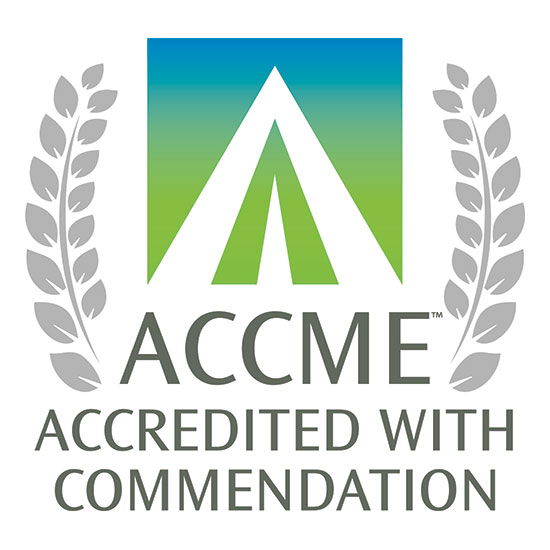
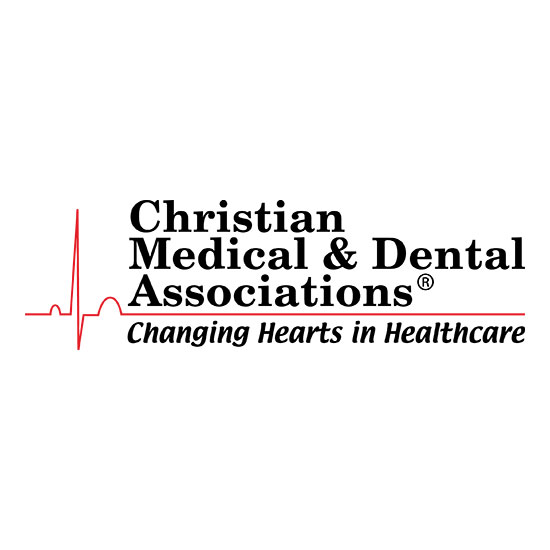
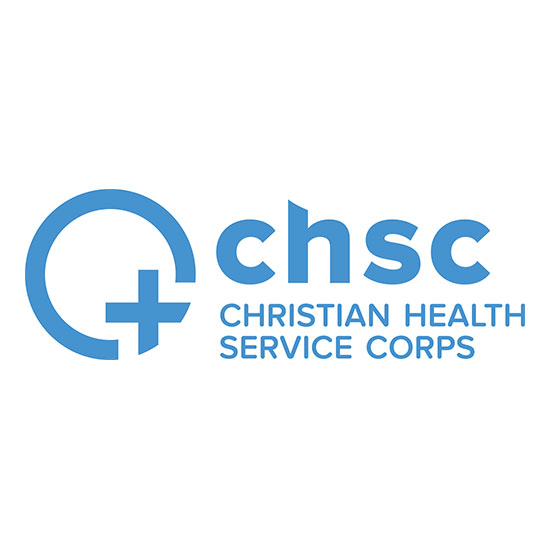
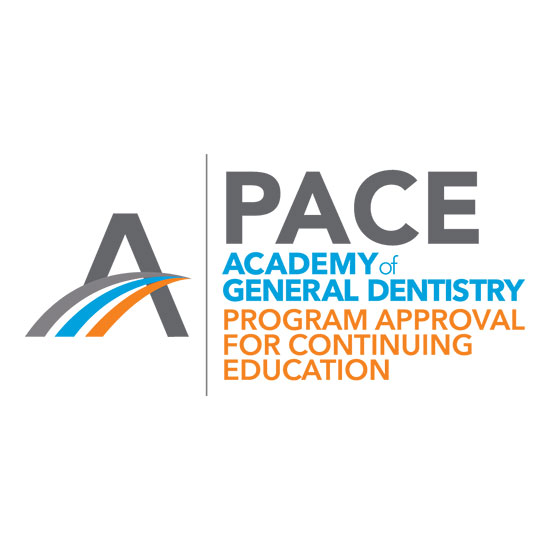
Continuing Education:
Accreditation Statement
This activity has been planned and implemented in accordance with the accreditation requirements and policies of the Accreditation Council for Continuing Medical Education (ACCME) through the joint providership of Christian Medical & Dental Associations and Christian Health Service Corps. The Christian Medical & Dental Associations is accredited by the ACCME to provide continuing medical education for physicians.
The AMA Designation Statement
The Christian Medical & Dental Associations designates this educational activity for a maximum of 6.5 AMA PRA Category 1 Credits(s)™. Physicians should only claim credit commensurate with the extent of their participation in the activity.
Dental Credit
Christian Medical & Dental Associations
Nationally Approved PACE Program Provider for FAGD/MAGD credit.
Approval does not imply acceptance by any regulatory authority or AGD endorsement.
1/1/2019 to 12/31/2022
Provider ID#218742
6.5 Lecture Hours Available.
No prior level of skill, knowledge, or experience is required (or suggested)
Course designed for physicians and dentists and other healthcare professionals
Physician Assistant
AAPA accepts certificates of participation for educational activities certified for AMA PRA Category 1 Credit(s)™. by an organization accredited by the ACCME or a recognized state medical society.
Physician assistants may receive up to 6.5 credits for completing this activity.
Nurse Practitioner
The American Academy of Nurse Practitioners Certification Program (AANPCP) accepts AMA PRA Category 1 Credit™ from organizations accredited by the ACCME. Individuals are responsible for checking with the AANPCP for further guidelines.
Nurse practitioners may receive up to 6.5 credits for completing this activity.
Nursing
This educational activity has been approved by the Ohio Nurses Association (ONA), an accredited approver by the American Nurses Credentialing Center’s Commission on Accreditation (OBN-001-91).
6.5 contact hours approved.
Description:
The purpose of this workshop is to provide tools, knowledge, and strategy to help you, your church, organization, or mission program implement effective healthcare missions. We will also look at ways individuals and groups can connect with Christian mission hospitals and health programs globally.
Topics to be discussed include: how to engage with mission hospitals, preparation for surgical work overseas, medical education as a mission model, lifesaving strategies for low-resource settings, what medications are and are not safe in developing communities, international standards for healthcare delivery in developing countries, and community health strategies for low-resource settings.
Time, Session and Credit Details:
Breakout Sessions
(Choose One)
WHO/UNICEF Guidelines for Child Health in Resource-Poor Settings
WHO Safe Surgery Guidelines for Resource-Poor Settings
WHO Guidelines for Health Education in Resource-Poor Settings
Educational Objectives:
- Describe the purpose for integrated ministries such as Community Health Evangelism.
- Identify transformational indicators used to measure the success of an integrated Community Health program.
- List the steps in implementing a Community Health Evangelism program.
- Analyze resources and collaborative partners to help build and expand their programs.
- Discuss three keys to building successful integrated community health ministries.
- Describe the story of successful CHE programs in different contexts around the world.
- Assess critical systems problems inherent in Short-term Medical Missions (STM).
- Identify simple evidence-based systems solutions to life threatening STM drug-related problems.
- List the WHO guidelines based on the work of missionary mentors and scientific evidence.
- Compare this holistic evidence-based approach to the STM drug-based approach.
- Summarize Christian missionary contributions to WHO international standards and guidelines.
- Identify how STM physicians, pharmacists and other providers can have the greatest impact for patient health.
- Discuss Best Practice references founded on evidence-based international standards and guidelines.
- Discuss the Biblical basis and missionary influence on WHO evidence-based guidelines to “save the most lives and prevent the most suffering.”
- Demonstrate how even poorly funded urban churches and short-term global missions can utilize WHO guidelines to enable a long-term, culture-changing, community-wide impact, without the adverse effects of drug-based treatment (Health Screening & Education and other approaches).
- Describe how the same education program has been utilized at all levels of care from hospital to local community; by physicians, nurses, pastors, teachers, as well as community health workers; in the US and throughout the world.
- Compare the integrated, evidence-based, holistic approach with the drug-based approach for treatment/prevention of the most common causes of death and suffering in the US and globally.
- List necessary preparations and needed items for the delivery of safe medical surgical care in resource-limited settings.
- Discuss ways to engage in global health initiatives that support both patient safety and Christian mission hospitals, struggling to provide care and medical education in the developing world.
- Discuss WHO/UNICEF and evidence-based guidelines and standards as they relate to child health in resource-poor settings.
- Discuss WHO and evidence-based guidelines and standards as they relate to treating the most common tropical diseases.
- Discuss how to effectively practice medicine in resource-poor contexts through asking questions and discussing key ideas.
- Describe the key standards, resources, and documents available to guide international medical relief work in the area of disaster and refugee situations.
- Describe the scope of possible methods of serving as a medical educator.
- Construct a more holistic approach to the participants’ desired method of serving as a medical educator.
- Discuss the issues confounding the development of Christian training programs.
- Discuss WHO standards and guidelines for surgical safety in developing world hospitals.
- Discuss the key points of the day.
- Synthesize learning from the various sessions of this conference.
